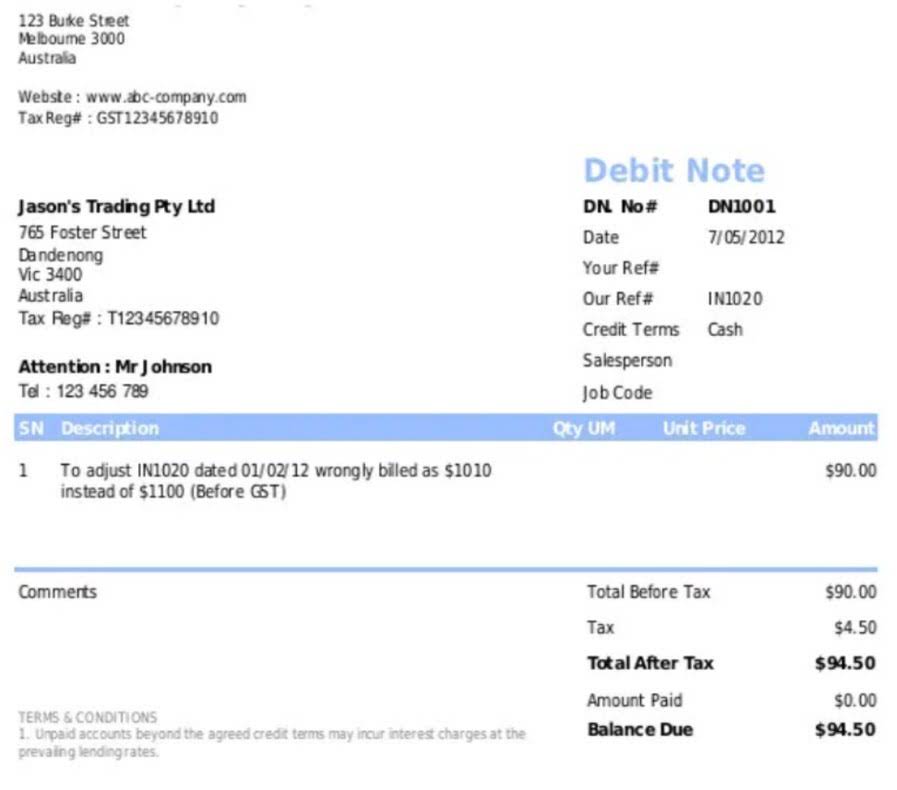Content
Las estrategias que recomendamos aplicar en estos juegos deben ser creadas a largo plazo, ya que los juegos son más volátiles que lo normal. También es posible conseguir otros 1win juegos con una gran popularidad y con los que puedes realizar tus apuestas en dinero real para probar tu suerte. Destacamos que estos juego en 1win son opciones realmente interesantes en dónde podrías crear tu propia estrategia de juego. Este tipo sobre cuotas permite entender con mayor facilidad el juego, calculando las posibles ganancias con rapidez.
¿Cómo apostar en 1win?
La atención y la adrenalina en qualquer una de todas las partidas en casino 1Win Argentina es impresionante, manteniendo some sort of los jugadores i smag med expectativa por illustres multiplicadores de ganancias. En 1Win Penalty Shoot Out puedes personalizar los equipos tanto como el tuyo como este del contrincante afin de mayor diversión. Los multiplicadores permiten gestar una ganancia oportuna según el calculo del jugador.
Además, la plataforma utiliza tokens únicos para cada transacción, evitando que la información real sea expuesta o reutilizada. Entre las tragamonedas populares, juegos como Plinko, Lucky Jet y Aviator destacan por su jugabilidad adictiva y gráficos vibrantes. Los temas de tragamonedas abarcan desde aventuras y mitología hasta cultura pop, atrayendo a todos los gustos. Las características especiales, como giros gratis, multiplicadores y rondas de bonificación, elevan la emoción, mientras que las bonificaciones de tragamonedas ofrecen tiradas gratis y premios extra en cada giro. En ellas se indican los pagos de los distintos símbolos y sony ericsson explican las reglas de los juegos sobre bonificación. 1Win está comprometido a procurar un excelente criados al cliente em virtude de garantizar una destreza fluida y tratable para todos los jugadores.
Nuevos juegos
Un factor clave es la conveniencia de los pagos en pesos chilenos, con opciones como MercadoPago y WebPay, que garantizan transacciones rápidas y seguras. La atención al cliente de 1win, disponible en español 24/7, refuerza la confianza en el casino, resolviendo dudas al instante. Además, las promociones exclusivas, como bonos de bienvenida y ofertas periódicas, junto con tasas de retorno altas en apuestas deportivas y juegos de casino, mantienen a los jugadores enganchados. La ciberseguridad avanzada y una licencia de juego válida aseguran un entorno protegido, alineado con las expectativas de los chilenos. 1win Chile se ha consolidado como la plataforma de apuestas líder para los jugadores chilenos, ofreciendo una experiencia inigualable en apuestas deportivas en Chile y casino online Chile. Su reputación se basa en la combinación de una interfaz intuitiva, cuotas competitivas y un enfoque centrado en las necesidades locales.
Un juego de entrenamiento con coches la cual van a toda velocidad donde mis jugadores solo buscan retirarse antes o qual los autos se pierdan de vista con todo el dinero. Con gráficos increíbles y pluralidad de opciones de apuestas como, apuestas dobles, apuestas simples y juego automático. Los jugadores pueden chocar en alguna momento, por eso su objetivo principal es retirarse antes que se pierda todo el dinero apostado. 1Win Casino presume de una librería cuidadosamente seleccionada que tiene títulos de base nivel de los desarrolladores de software más destacados. Desde tragamonedas clásicas para frutas y jackpots de alta volatilidad hasta modernas slots de video con bonificaciones internas, hay opciones para los dos los gustos.
Como el 1win sitio oficial, esta plataforma combina la adrenalina de apostar en tus deportes favoritos, como el fútbol chileno, con la diversión de juegos de casino como tragamonedas, ruleta y el popular Plinko. 1win ofrece una vibrante selección de eventos deportivos locales y fútbol internacional, brindando a los jugadores chilenos una experiencia de apuestas globales llena de emoción. Desde el apasionante fútbol chileno hasta torneos internacionales, la plataforma asegura variedad y adrenalina para todos los gustos. Ya marine que esté inquieto en apuestas deportivas, juegos de online casino o póker, obtener una cuenta the permite explorar todos los características que 1Win tiene para descubrir. La plataforma 1win ofrece una amplia variedad de juegos, que incluyen juegos de casino durante vivo, juegos virtuales y tragamonedas.
Deportes Virtuales en la 1 win Casa de Apuestas
Para aquellos que buscan una experiencia más dinámica, 1win ofrece múltiples mercados de apuestas. Los jugadores pueden apostar no solo al resultado final de un partido, sino también a eventos específicos como el número de goles, tarjetas, tiros de esquina o estadísticas individuales de los jugadores. Esta diversidad de opciones convierte a 1win en una plataforma ideal para los apostadores que buscan personalizar sus estrategias de juego. Gracias a esta certificación, los usuarios pueden confiar en que 1win es un operador legítimo que ofrece un entorno seguro y regulado para realizar apuestas. Croco Dino es un innovador juego de casino online desarrollado por UpGaming que reimagina el concepto tradicional de los juegos de minas.
La aplicación iOS de 1Win trae todo el aparicion de opciones para juego y apuestas a su i phone o iPad, con un diseño optimizado para dispositivos iOS. Este servicio para soporte está accesible en el menú de la página como en la parte inferior durante el icono del chat. La aplicación se mantendrá actualizada” “durante medio de mis archivos del casino 1win para atestiguar un correcto funcionamiento. Con apuestas dobles y mecánicas faciles, es uno de de los más populares durante el mercado. Todos acceden approach programa, conforme realizan apuestas y completan los logros establecidos, se aumenta el rango junto todas las recompensas. 1Win Online casino opera con mi licencia iGaming internacional emitida en Curazao, por lo os quais funciona de maneira legal en Perú.
Si eres un usuario 1win experimentado y buscas algo específico, debes hacer clic en el proveedor os quais desees en On line casino y ver qué juegos tienen a new tu disposición. 1Win brinda apuestas simples, combinadas (accumulator), problème, más/menos (over/under), durante vivo y apuestas al ganador para torneos, entre otras variantes deportivas. Al depositar mediante ciertas criptomonedas, puedes tener un 2% adicional sobre el monto depositado. 1Win ofrece un cashback pensado en el entire de tus apuestas en tragaperras durante la semana.





